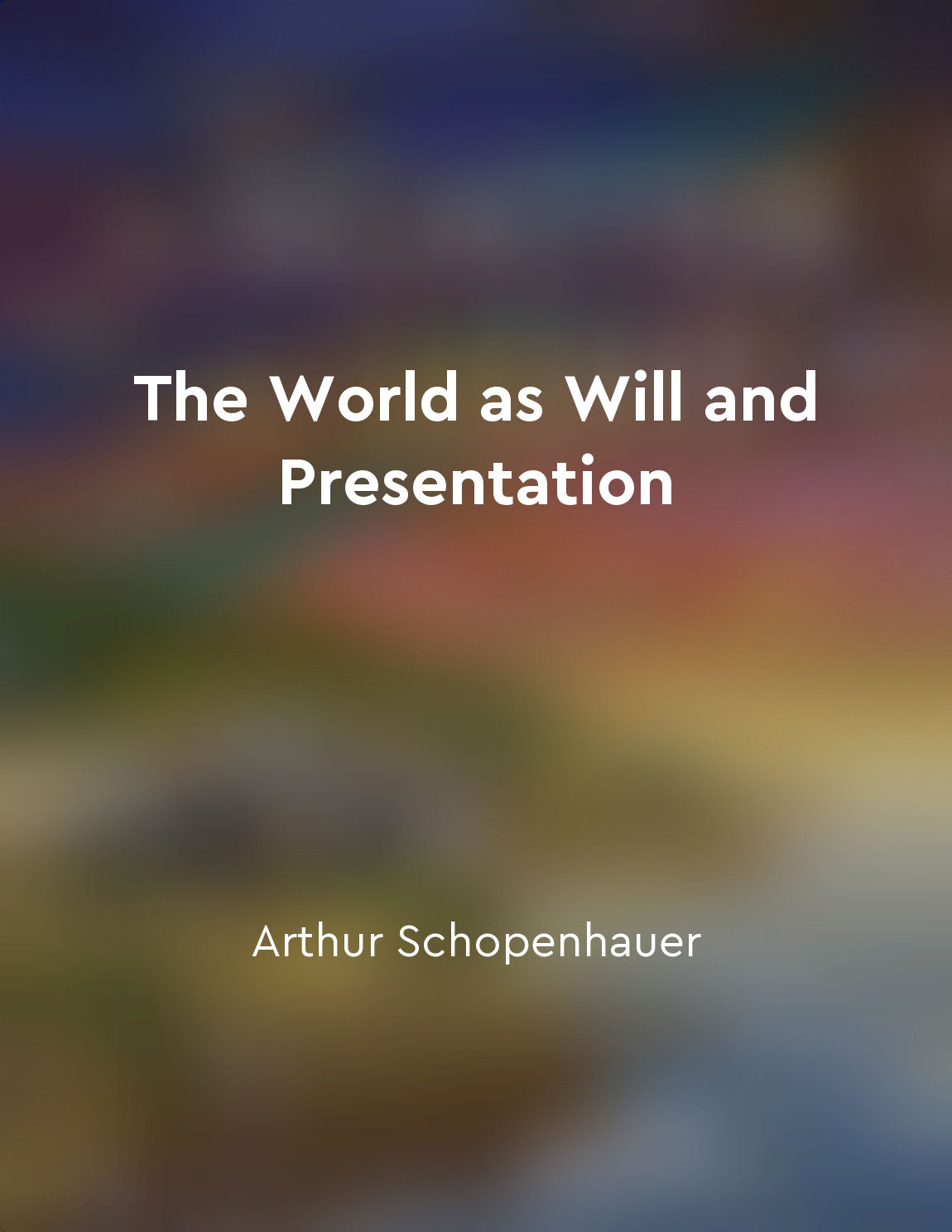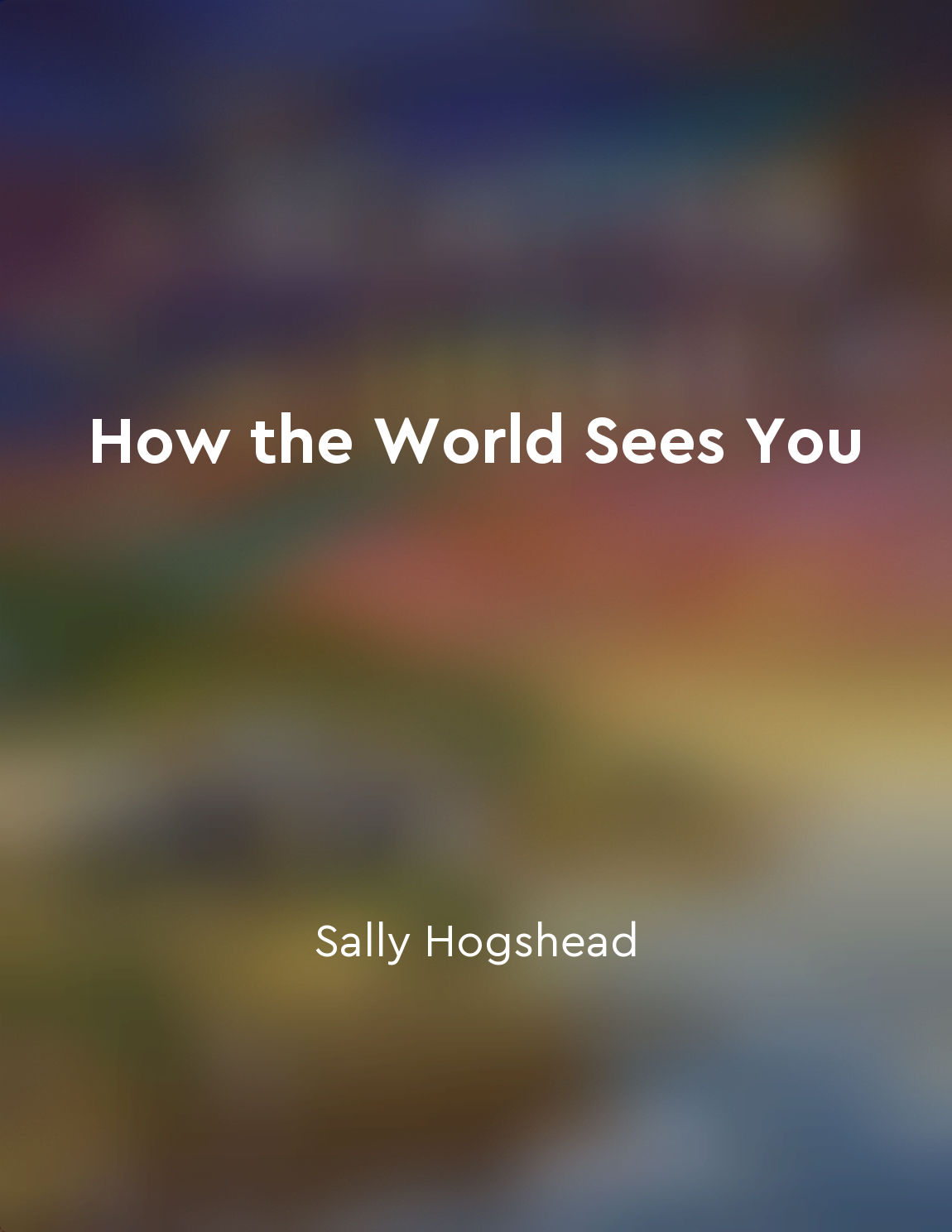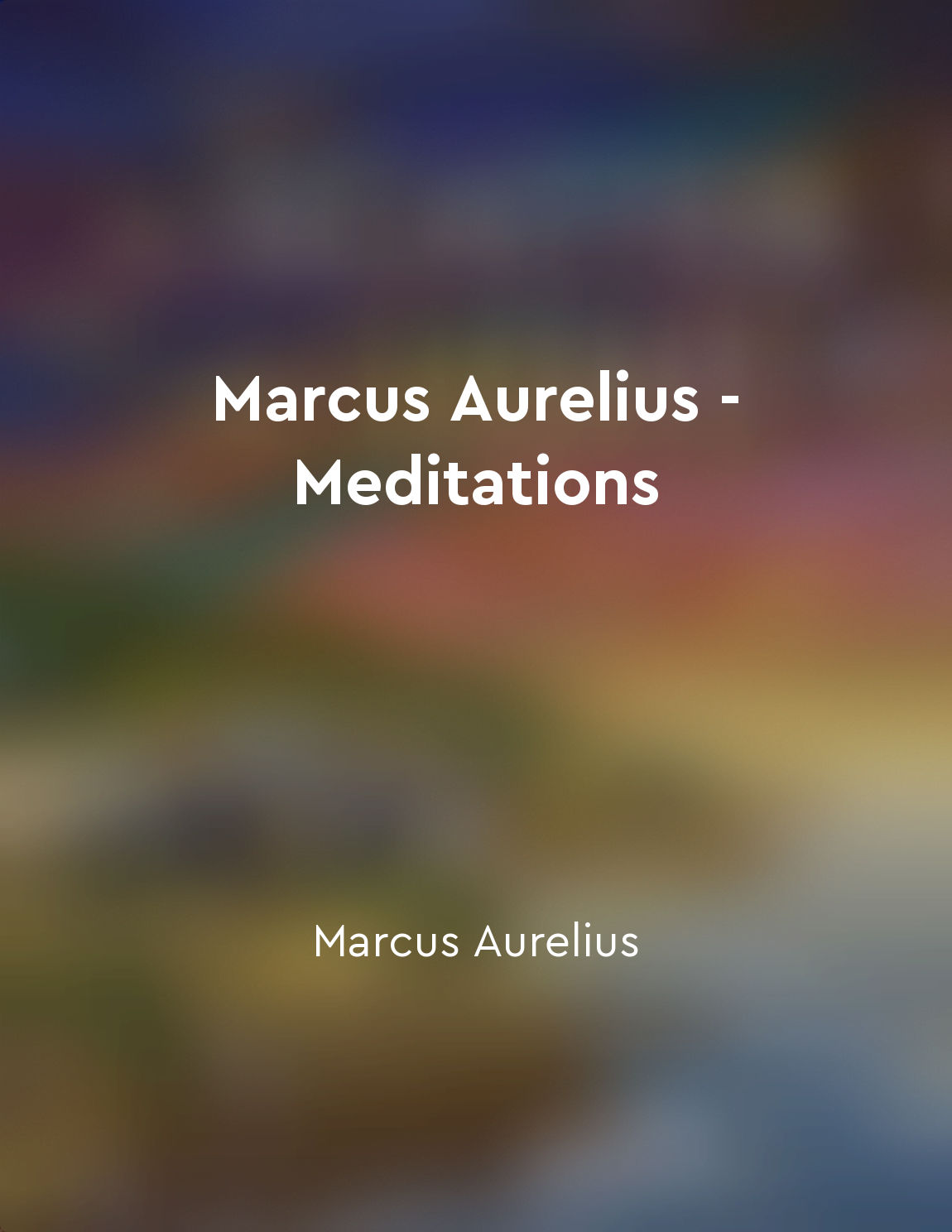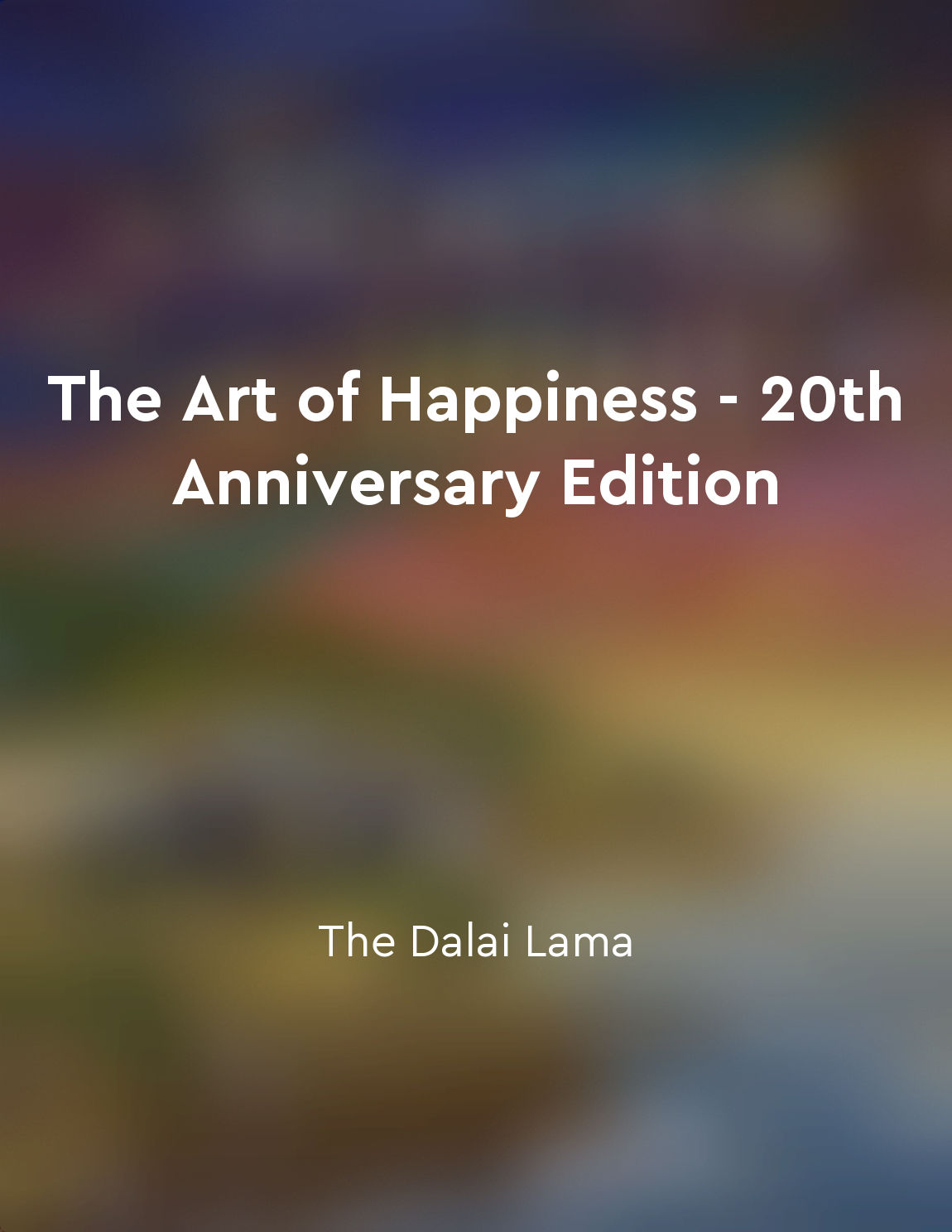People often see others as objects instead of individuals from "summary" of The Anatomy of Peace, Fourth Edition by The Arbinger Institute
When we see others as objects, we are not really seeing them at all. Instead, we are reducing them to mere obstacles, vehicles, or irrelevancies in our own pursuit of our goals. In essence, we are treating them as things rather than as people with their own thoughts, feelings, and desires. This objectification allows us to justify mistreating them or neglecting their needs because we do not view them as fully human. This tendency to objectify others often stems from our own insecurities, fears, or prejudices. When we feel threatened or unsure of ourselves, it is easier to dehumanize others in order to protect our own sense of worth or control. By reducing others to objects, we can avoid the discomfort of truly engaging with them on a personal level and acknowledging their humanity. Objectifying others can also lead to a cycle of conflict and dehumanization. When we see someone as an object...Similar Posts

The fleeting nature of pleasure and happiness
Schopenhauer delves into the idea that pleasure and happiness are transient in nature. He argues that our pursuit of pleasure i...
Consider ethical implications in all your relationships
When engaging in any type of relationship, it is important to always be mindful of the ethical implications involved. This mean...

Be proud of your individuality and showcase it confidently
In a world filled with noise and distractions, it can be easy to blend in with the crowd. However, standing out and embracing y...
Transparency fosters trust
The concept that transparency fosters trust is a fundamental principle in our society. When there is openness and honesty in co...

Embrace virtue and wisdom
Let your guiding principle be not to embrace virtue and wisdom only in words but in your actions. Display them in every aspect ...
Building resilience is important in handling power struggles
The ability to build resilience plays a crucial role in navigating power struggles within human relationships. When individuals...
Be respectful and polite in your interactions
Respect and politeness are essential components of successful interactions with others. When you approach people with respect, ...
Live in harmony with nature and the world around you
Living in harmony with nature and the world around us is a fundamental teaching in Buddhism. It emphasizes the interconnectedne...
Follow up on agreements made during the confrontation
After a confrontation has taken place and agreements have been made, it is crucial to follow up on those agreements to ensure t...

Live in the present moment to find joy
The concept of living in the present moment to find joy is a central theme in The Art of Happiness. The Dalai Lama emphasizes t...
